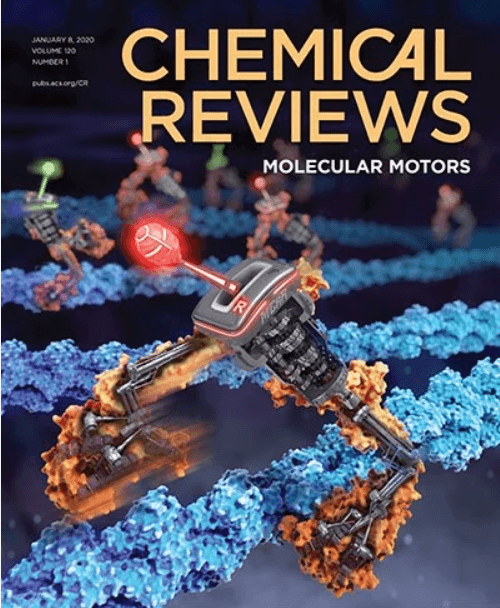Studying Noncovalent Interactions in Molecular Systems with Machine Learning
IF 51.4
1区 化学
Q1 CHEMISTRY, MULTIDISCIPLINARY
引用次数: 0
Abstract
Noncovalent interactions (NCIs) is an umbrella term for a multitude of typically weak interactions within and between molecules. Despite the low individual energy contributions, their collective effect significantly influences molecular behavior. Accordingly, understanding these interactions is crucial across fields like catalysis, drug design, materials science, and environmental chemistry. However, predicting NCIs is challenging, requiring at least molecular mechanics-level pairwise energy contributions or efficient quantum mechanical electron correlation treatment. In this review, we investigate the application of machine learning (ML) to study NCIs in molecular systems, an emerging research field. ML excels at modeling complex nonlinear relationships, and is capable of integrating vast data sets from experimental and theoretical sources. It offers a powerful approach for analyzing interactions across scales, from small molecules to large biomolecular assemblies. Specifically, we examine data sets characterizing NCIs, compare molecular featurization techniques, assess ML models predicting NCIs explicitly, and explore inverse design approaches. ML enhances predictive accuracy, reduces computational costs, and reveals overlooked interaction patterns. By identifying current challenges and future opportunities, we highlight how ML-driven insights could revolutionize this field. Overall, we believe that recent proof-of-concept studies foreshadow exciting developments for the study of NCIs in the years to come.

用机器学习研究分子系统中的非共价相互作用
非共价相互作用(nci)是分子内部和分子之间大量典型弱相互作用的总称。尽管个体能量贡献低,但它们的集体效应显著影响分子行为。因此,理解这些相互作用在催化、药物设计、材料科学和环境化学等领域至关重要。然而,预测NCIs是具有挑战性的,至少需要分子力学水平的成对能量贡献或有效的量子力学电子相关处理。本文综述了机器学习在分子系统NCIs研究中的应用,这是一个新兴的研究领域。ML擅长建模复杂的非线性关系,并且能够整合来自实验和理论来源的大量数据集。它提供了一种强大的方法来分析跨尺度的相互作用,从小分子到大的生物分子组装。具体来说,我们研究了表征NCIs的数据集,比较了分子特征技术,评估了明确预测NCIs的ML模型,并探索了逆向设计方法。ML提高了预测准确性,降低了计算成本,并揭示了被忽视的交互模式。通过识别当前的挑战和未来的机遇,我们强调了机器学习驱动的见解如何能够彻底改变这一领域。总的来说,我们相信最近的概念验证研究预示着未来几年NCIs研究的激动人心的发展。
本文章由计算机程序翻译,如有差异,请以英文原文为准。
求助全文
约1分钟内获得全文
求助全文
来源期刊

Chemical Reviews
化学-化学综合
CiteScore
106.00
自引率
1.10%
发文量
278
审稿时长
4.3 months
期刊介绍:
Chemical Reviews is a highly regarded and highest-ranked journal covering the general topic of chemistry. Its mission is to provide comprehensive, authoritative, critical, and readable reviews of important recent research in organic, inorganic, physical, analytical, theoretical, and biological chemistry.
Since 1985, Chemical Reviews has also published periodic thematic issues that focus on a single theme or direction of emerging research.
 求助内容:
求助内容: 应助结果提醒方式:
应助结果提醒方式:


